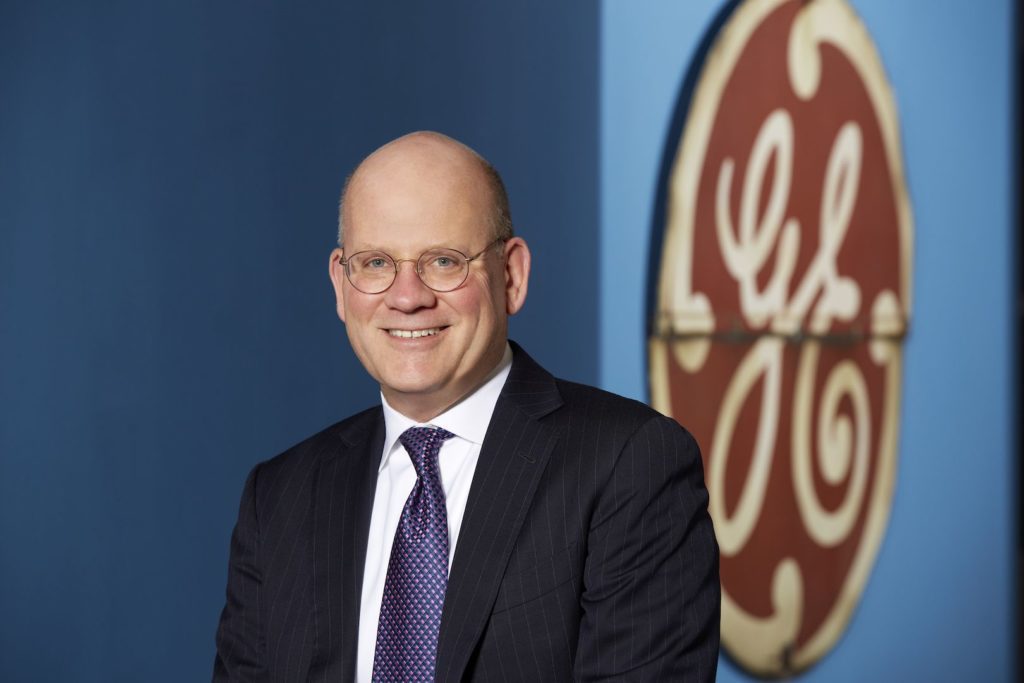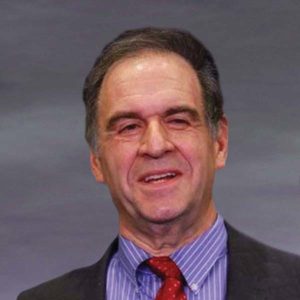
Many heads were turned by the recent sudden ouster of GE’s new chief John Flannery with his replacement by two excellent age contemporaries, Larry Culp of Danaher as CEO and Thomas Horton of American Airlines as chairman. GE is fortunate to have two such talented, revered leaders ready on the board to step in. This latest return to active duty by young mothballed retirees has made some CEOs anxious about the possible mixed motives of some of their own directors.
Oddly, my report of this concern in a Wall Street Journal piece was labeled as “preposterous” by fellow Chief Executive columnist Jeff Cunningham who labeled the GE board insurrection as a unique experience. Cunningham is a brilliant accomplished leader and writer as well as treasured friend for a quarter of century. It is rare that this “Jeff” disagrees with that “Jeff” but this is one of those occasions. I have studied CEO succession closely and systematically for 40 years—evidenced by my best seller book The Hero’s Farewell (Oxford University Press) and chaired Blue Ribbon Commissions of the National Association of Corporate Directors.
In that research, I show that there is an entire category of CEO departure styles of such returns to glory I have termed “Generals.” These mothballed leaders can be priceless resources at times of distress. Accordingly, the Second World War was a triumphs of such returning brass to high office with the legendary titans such as: Winston Churchill; Charles De Gaulle; Douglas McArthur; George Patton; Bernard Montgomery all returning to active duty from fully retired status.
Sometimes, however, the return of such past heroes is for complicated reasons beyond global conflicts or failed performance of incumbents. John Flannery was in office just over 12 months, yet the board that hired him was not the board that fired him and dealt with their own turnover. This new board that fired Flannery had only just endorsed his new strategy at the prior quarterly board meeting in late June. It seems hasty to oust Flannery on two months of execution.
Denying unfulfilled late career agendas of directors, Cunningham wrongly concludes, “Once the decision to terminate has been taken, the person most surprised to be the board’s first choice is the fellow director. He or she has already retired and spending promised time with family or pursuing foundation activities, has no time nor need for any more fireworks.”
My reply then from one Jeff to another is: Where is your evidence to support your idealistic if not naïve celebration that history’s winners are always the product of justice?
Sometimes boards act sluggishly defending a troubled incumbent too long—as in the case of CBS of Les Moonves, Steve Wynn of Wynn Resorts, Travis Kalanick of Uber; Philippe Dauman of Viacom; Richard Scrushy of HealthSouth; Bennie Ebbers of Worldcom; and Dennis Kozlowski of Tyco due to internal board politics. Sometimes, such as with Mark Fields of Ford; David Neeleman of JetBlue; Paul Jacobs of Qualcomm; Chris Galvin of Motorola; Jonathan Bush of Athenahealth; Klaus Kleinfeld of Arconic, they move too hastily.
Sadly, board politics, interpersonal dynamics, and career agendas are sometimes a component along with Cunningham’s textbook rational decision making.
To name names, Harry Gray of United Technologies and Walter Wriston both confided to me that they feared the ambitions of aggressive former Treasury Secretary William Simon, with Grey at war with Simon, while Wriston succeeded in having Simon removed. The unfulfilled career agendas on the board at American Express were a well-documented challenge to visionary CEO James Robinson.
Thus when Cunningham suggests this is a one of a kind event, has he forgotten such recent and historic examples as board members who replaced CEOs at such wide ranging firms as: United Airlines; Ford Motor Company; General Motors (twice); Citigroup; CBS; Boeing; Delta Airlines; Saks Fifth Avenue; Athena Healthcare; Vail Resorts; Starwood Hotels; Martha Steward Omnimedia; Apple; Starbucks; and Dell.
And this is just a partial list to indicate that no, GE’s recent action was not a unique, one time succession phenomena.







